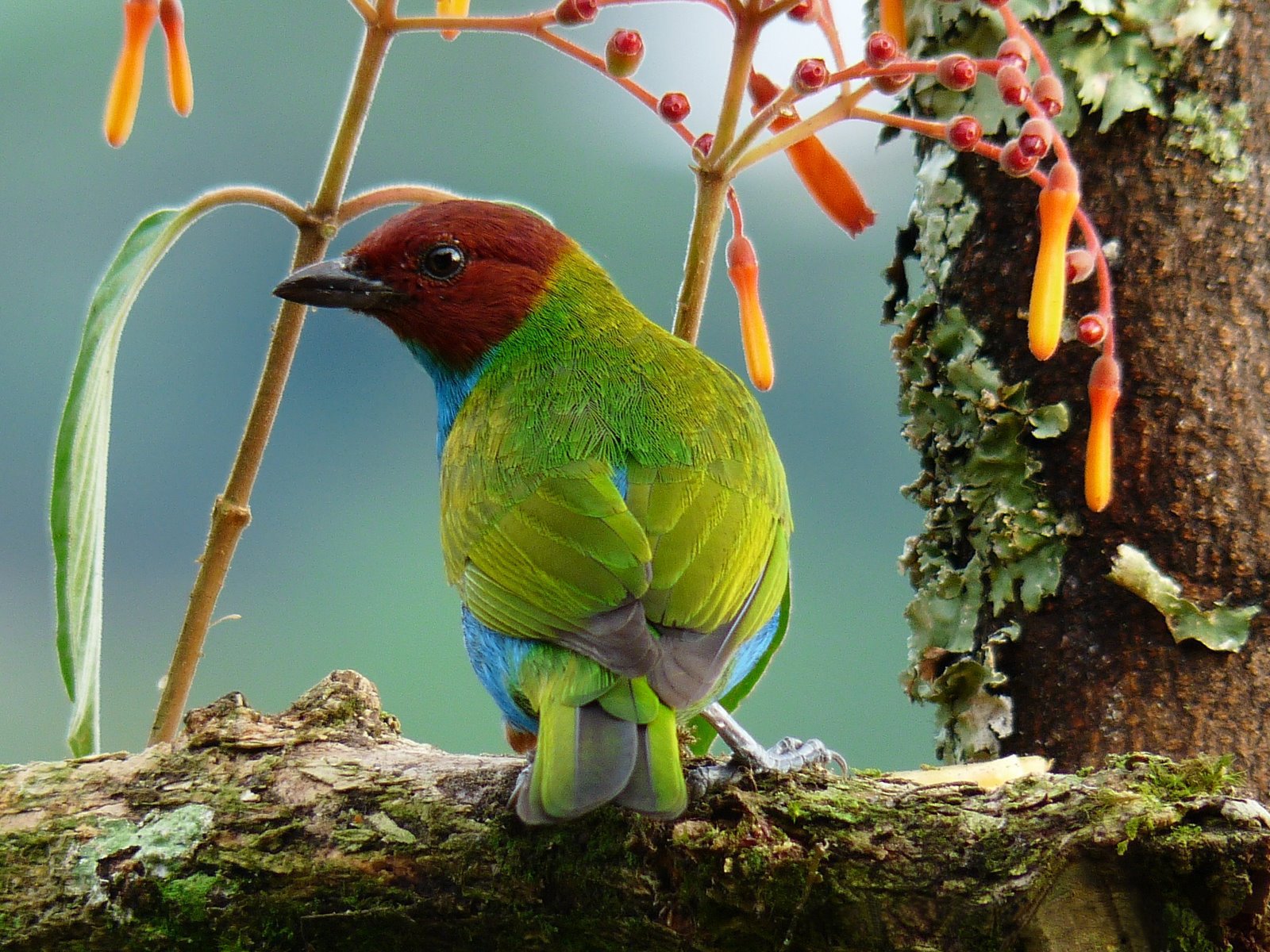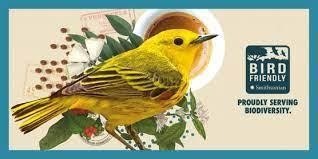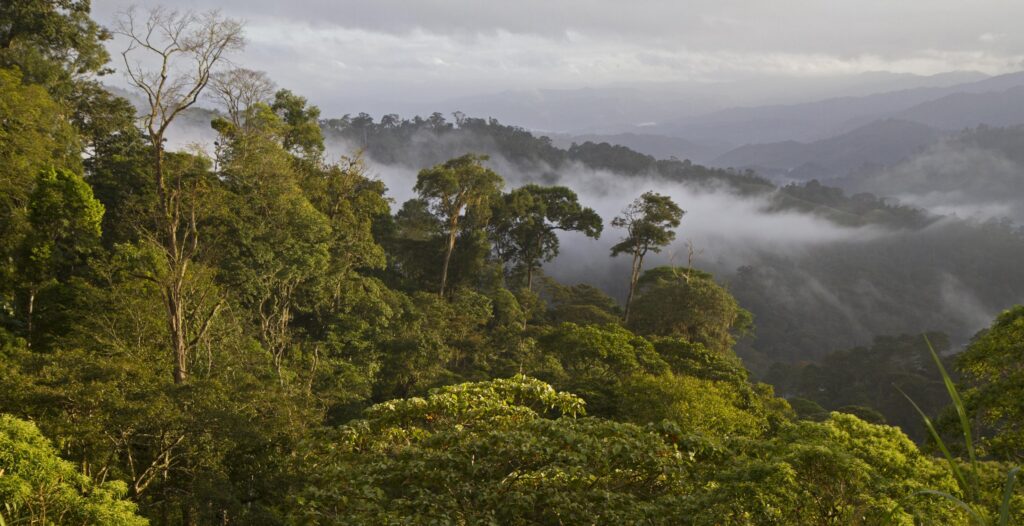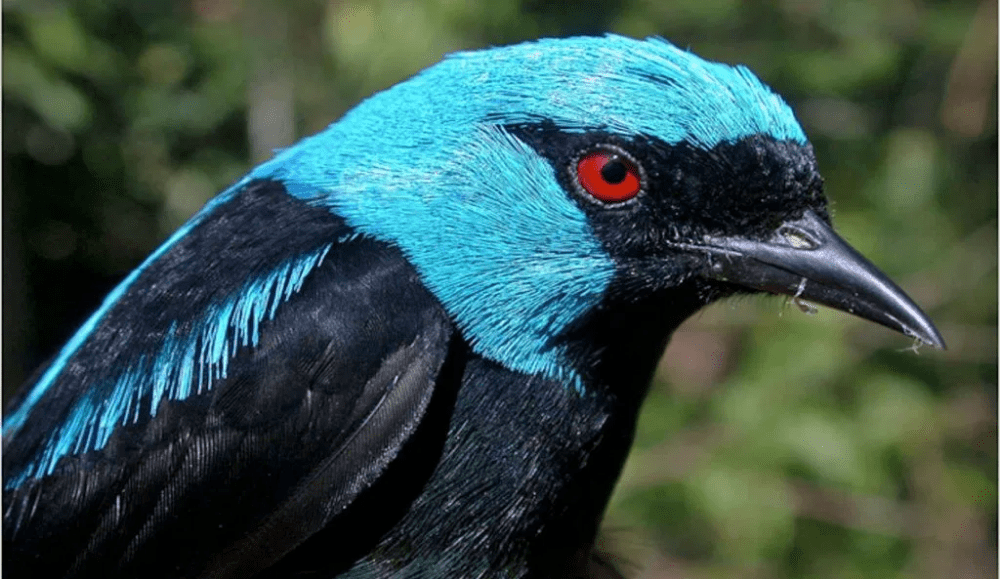Let's Talk
+1 (206) 937-3450
+1 (206) 937-3450

Calling birdwatching coffee drinkers, naturalists, earth guardians and lovers of air and sky!
This is a conscious message going out into the “field” to once again support shade grown coffee crops. You may have read my blogs on shade grown coffee and on our coffee tour to Brazil. Shade grown coffee is the clearly sensible decision when it comes to all elements concerning coffee.
The best and most clear option is to look for certifications stamped right on the bag, “Rainforest Alliance Certified” or “Bird Friendly.” These are both certified shade grown, which means they have the biodiversity and tree cover over the crops which supports bird sanctuaries. The bird friendly certification also prevents harmful chemicals from being used that can be devastating to bird communities. The idea here is to get more of a demand for these certified farms, which only account for a little over 6% of coffee farms world wide.


21 billion pounds of coffee are consumed per year that need upwards of 27 million acres of land to cultivate. 25% of coffee is shade grown and 35% is partially shade grown.

Another helpful tip if certified coffees are not available to you is to simply look at the species of coffee grown. Arabica and Robusta coffees are the two types. Arabica coffee has more of the desired flavor pallets that are in popular demand and account for 60% of the coffee on the market today. Arabica coffees are more commonly grown in at least partial shade whereas Robusta crops have higher drought tolerance and are more likely to be grown in full sun. Robusta coffee is a lower grade coffee that is generally made into instant and their beans do not generally support bird habitat, animal ecosystems, watershed or soil health like shade grown coffees in the Arabica family. So, if all else fails seek out 100% Arabica beans.
With all that said, keep in mind that 94% of all coffee consumed on the planet is not managed to certified standards that protect forest ecosystems that support bird wildlife and life cycles.
Growing coffee beans is an old practice that was naturally designed to co-habitat, not dominate a forest. I am a believer that listening and learning from the natural cycles of nature will help us build stronger community, land integrity and longevity.

+1 (206) 937-3450
tony@pugetground.com